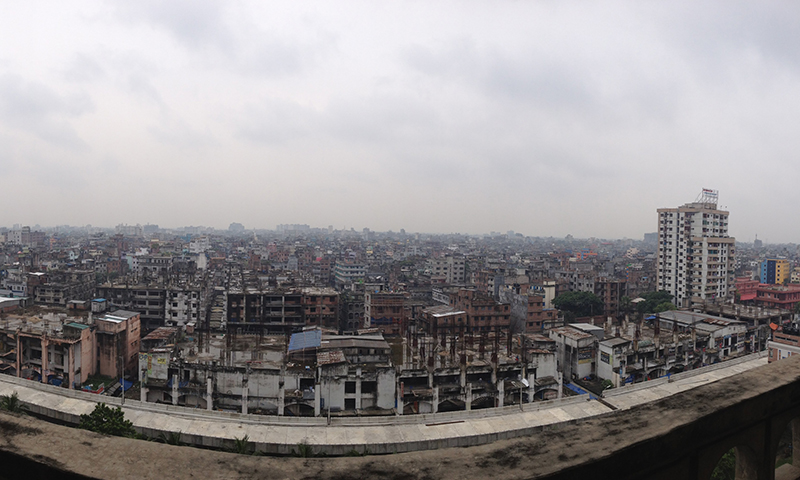DPU Working Paper - No. 187
Challenging the conceptual boundaries of the compact city paradigm in sub-Saharan Africa: Towards Southern alternatives

15 March 2017
By Donald Brown
International policy discourses are actively promoting the compact city planning approach as a universal paradigm for achieving sustainable urban development in both the global North and South. These discourses have tended to favour European and American compact cities, thus reinforcing the ‘EuroAmerican’ version as the dominant paradigm. Consequently, Southern versions of the compact city have been largely excluded from consideration. This paper confronts this rather imperialistic approach to compact city theorisation by challenging the binary opposition between ‘First-World’ cities that are commonly viewed as models for generating theory and policy and ‘Third-World’ cities that are commonly viewed as problems in need of external intervention.
This paper utilises a method of deconstruction to dislocate the compact city paradigm from EuroAmerica so that it can be reimagined outside the confines of that construction from a Southern perspective. This method is applied to sub-Saharan Africa, where the compact city paradigm is promoted as a response to ‘urban sprawl’ and other unsustainable patterns of urbanization.
The findings reveal significant discrepancies between EuroAmerican compact city models and the local realities of cities in sub-Saharan Africa.
Conversely, the Southern alternatives ‘unlocked’ present new opportunities to learn from Southern planning practices and about the local realities they respond to. It is argued that the power relations that have historically favoured EuroAmerican over Southern theorists thus warrant more critical attention in future research efforts concerned with liberating oppressed Southern planning epistemologies. It is further argued that fostering communities of inquiry in which planning theorists and practitioners from different parts of the world could come together to discuss the relevance of planning theory and the conditions under which it could be appropriately applied in different places could provide a way forward within international debates surrounding the compact city among other ‘travelling’ planning ideas.
 Close
Close

